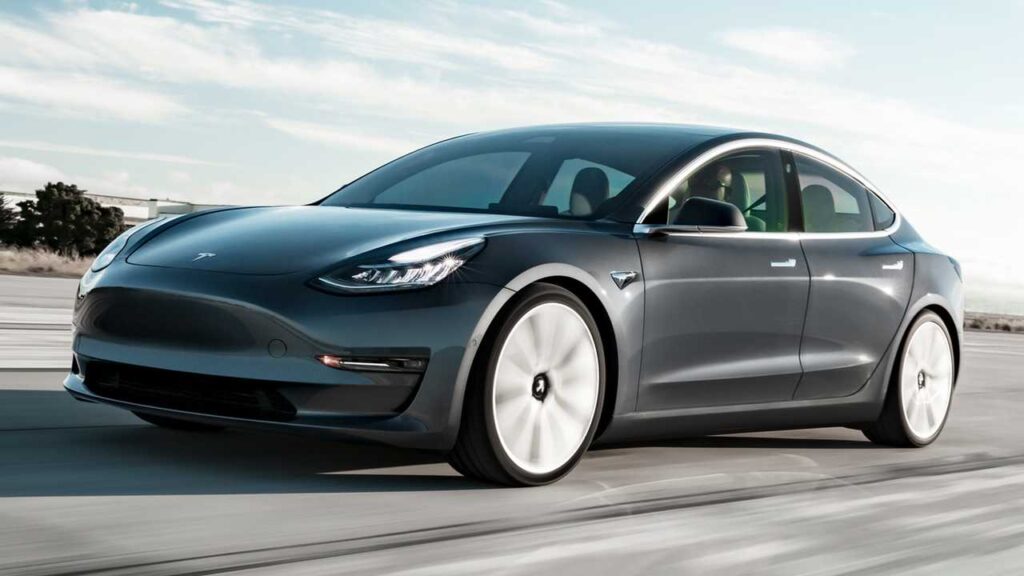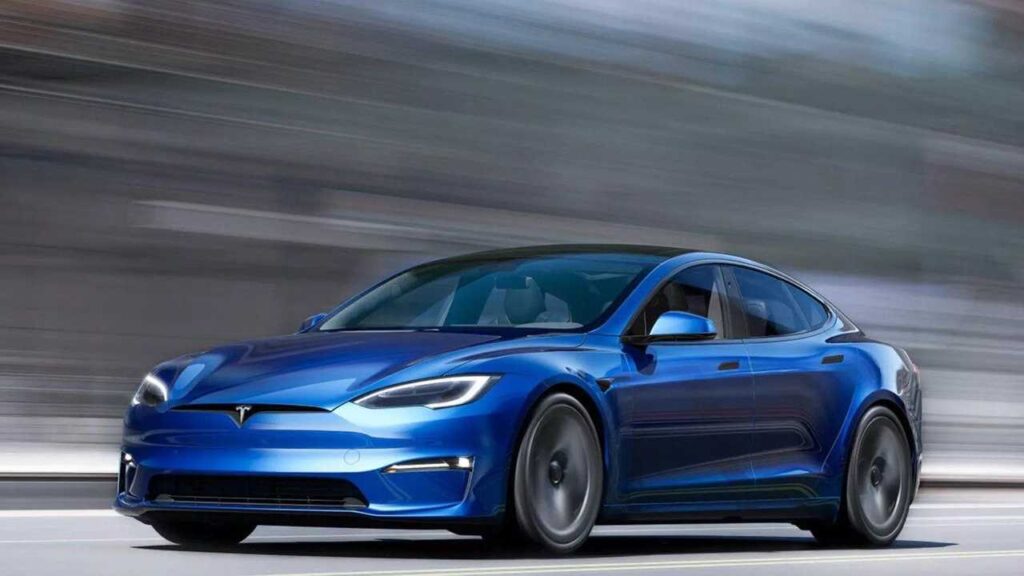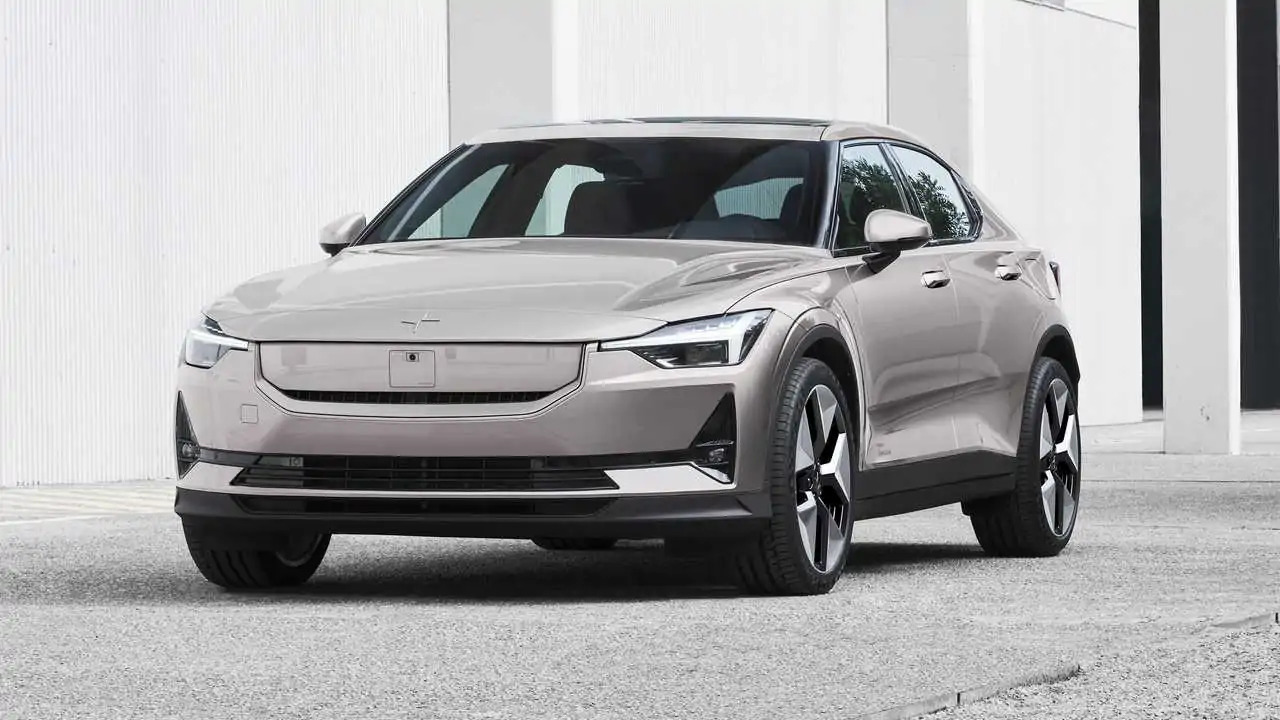The European Union has now clarified an issue that has been on the agenda for a long time. Vehicles with internal combustion engines will not exist in the future. In 2035, no “new” diesel and gasoline cars will be sold in the European Union. With this long-term decision, the EU wants to prevent automobile companies from losing profits. However, some sacrifices must be made in the process.
EU law requires manufacturers to reduce CO2 emissions by 100 percent by 2035
EU countries, European Parliament negotiators and the European Commission, which drafted the regulation, agreed last year that manufacturers must reduce their carbon dioxide (CO2) emissions by 100 percent by 2035. Today the process was officially confirmed. This makes it impossible to sell new fossil fuel-powered vehicles in the EU in 2035.

The decision for 2035 is good, but many people still think that the date should be moved earlier. This is because almost every vehicle is now available in an electric version. Moreover, even some very specific construction machines are available in electric versions. At a time when global warming is having a serious impact, waiting for 2035 does not make much sense for many.
As an example of the damages of global warming, we can examine the 1.5ºC Global Warming Special Report prepared by the Intergovernmental Panel on Climate Change (IPCC) by analyzing over 6,000 scientific studies. According to the report, humankind has caused the world to warm by about 1.0ºC compared to the pre-industrial period. Global warming has already started to show its effects in the form of extreme weather events such as droughts and floods, sea level rise and Arctic sea melt.

If greenhouse gas emissions continue at their current rate, global warming will exceed the 1.5ºC limit between 2030 and 2052. The 1.5ºC limit is critical for sustainable development and poverty prevention. Limiting global warming to 1.5ºC means avoiding many lasting impacts on ecological systems and habitats.














